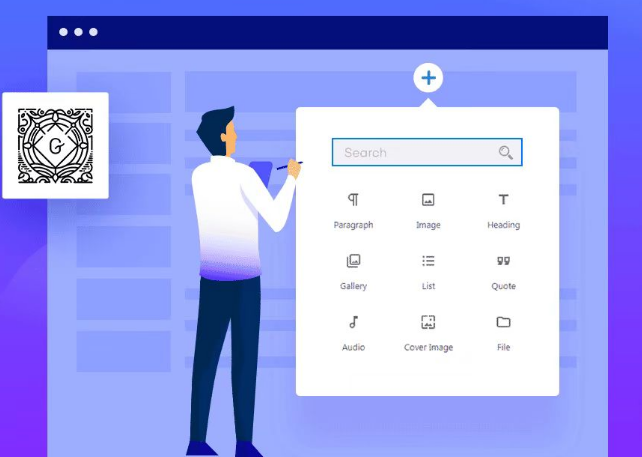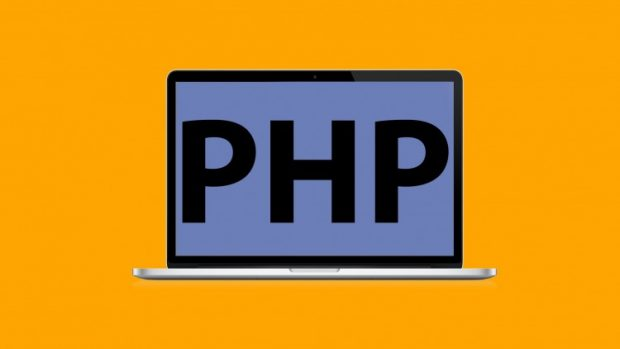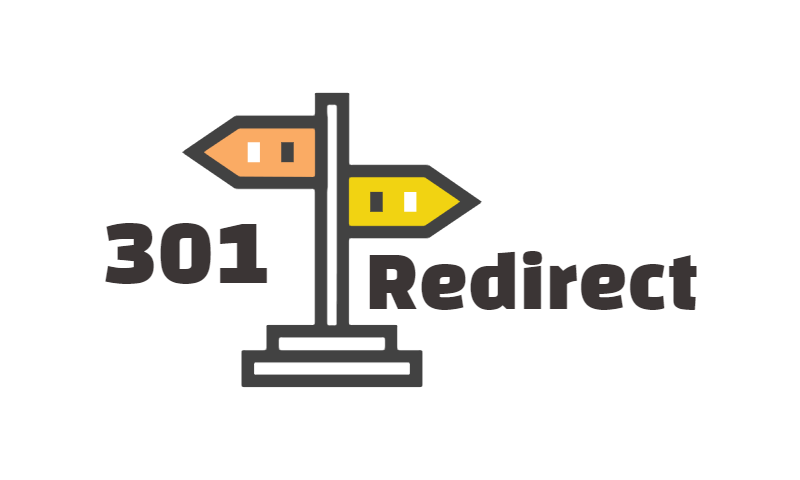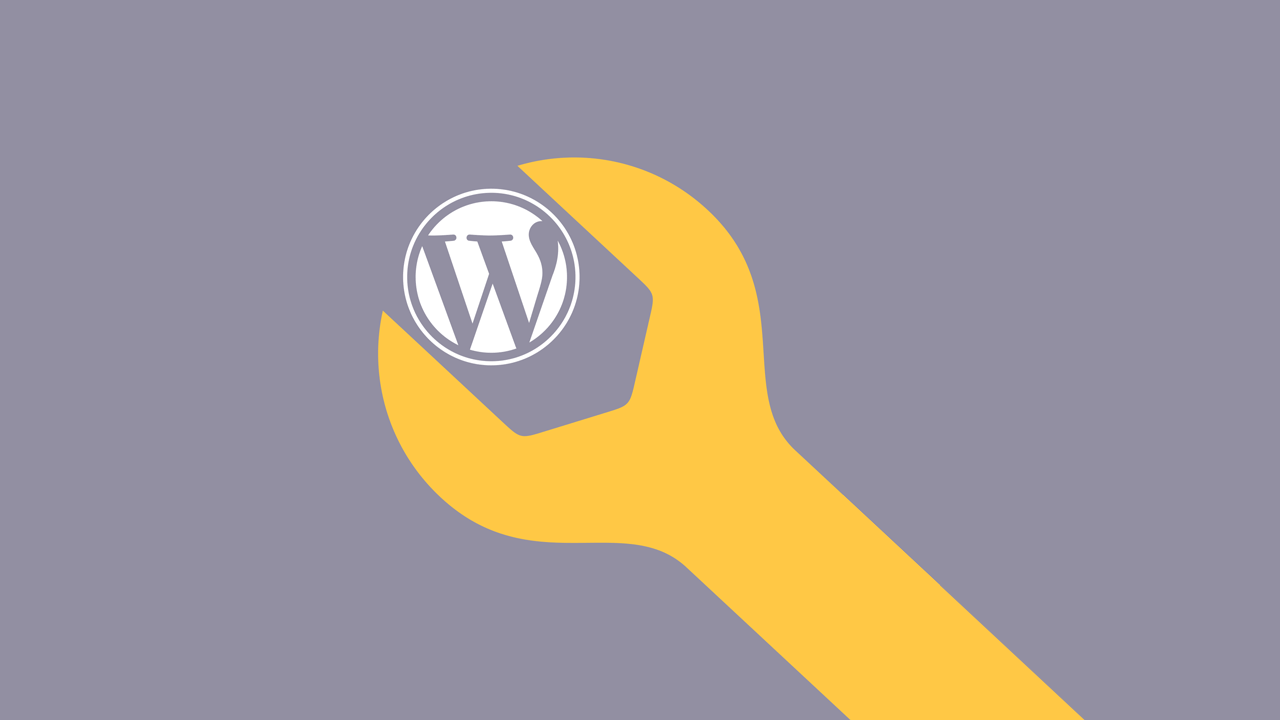加快 WordPress 网站速度的 18 种方法
关于如何加速 WordPress,为了帮助不太懂技术的人优化 WordPress 网站速度,可以根据以下方面操作,以便在最后阶段才需要聘请开发人员。
1. 测试你的网站速度
使用分析工具检查你网站可能存在的问题,并寻找简单的修复方法。推荐使用 Google PageSpeed、GTmetrix、Pingdom、WebPageTest 和 Google Lighthouse 来测试网站速度。
![图片[1]-全面指南:如何优化 WordPress 网站速度与性能(二)-光子波动网 | 专业WordPress修复服务,全球范围,快速响应](https://www.361sale.com/wp-content/uploads/2024/07/2024070801441566.png)
这些工具可以帮助你了解网站加载速度的真正问题。70 分以上是一个不错的分数,而 80 分以上则更好,表示你的网站将在 3.5 秒或更短时间内加载。加载时间超过 8 秒(甚至 5 秒)是令人担忧的,应该考虑改进基础设施。
![图片[2]-全面指南:如何优化 WordPress 网站速度与性能(二)-光子波动网 | 专业WordPress修复服务,全球范围,快速响应](https://www.361sale.com/wp-content/uploads/2024/07/2024070801575032.png)
2. 优化网站的图像
![图片[3]-全面指南:如何优化 WordPress 网站速度与性能(二)-光子波动网 | 专业WordPress修复服务,全球范围,快速响应](https://www.361sale.com/wp-content/uploads/2024/07/2024070807084590.png)
优化网站图像是减少加载时间和加速 WordPress 最可靠的方法。使用 TinyPNG respond in singing Optimizilla 优化图像,选择正确的图像分辨率,并确保图像格式为 PNG 或 JPEG。安装延迟加载插件只加载必要的图像,提高加载速度。
3. 删除不必要的幻灯片、视频和图像
从关键页面中删除不必要的图像和视频,可以显著提高网站速度。使用 SEMrush 分析网站状态,并删除不必要的媒体。
![图片[4]-全面指南:如何优化 WordPress 网站速度与性能(二)-光子波动网 | 专业WordPress修复服务,全球范围,快速响应](https://www.361sale.com/wp-content/uploads/2024/07/2024070807231434.png)
4. 选择高效的主题
选择不占用太多空间的主题,并要求开发人员编写特定于你需求的代码。避免使用带有大量不必要功能的免费主题,关闭不必要的小部件。
5. 仅使用必要的插件
不要使用过多的插件和附加组件,使网站过载。检查并确保插件正常工作,定期更新并删除不必要的插件。使用 Query Monitor 分析插件性能,关闭不必要的插件。
![图片[5]-全面指南:如何优化 WordPress 网站速度与性能(二)-光子波动网 | 专业WordPress修复服务,全球范围,快速响应](https://www.361sale.com/wp-content/uploads/2024/07/2024070807281844.png)
6. 删除不必要的小部件
删除降低网站速度的第三方代码,如 Facebook 像素或 Google Analytics。这些工具通常会降低网站速度,因此尽量减少使用。
![图片[6]-全面指南:如何优化 WordPress 网站速度与性能(二)-光子波动网 | 专业WordPress修复服务,全球范围,快速响应](https://www.361sale.com/wp-content/uploads/2024/07/2024070807110473.png)
7. 注意 Google 广告的加载速度
广告可能会降低网站速度,但可以通过要求广告托管服务提供商进行优化或使用延迟加载来解决。这样,广告只会在用户滚动到它们附近时显示。
8. 减少重定向次数
减少重定向到外部源的次数,可以缩短加载时间。缩短 URL,不在链接中使用 HTTPS 或 WWW,防止重定向链接在一起。
9. 更新虚拟主机服务提供商
![图片[7]-全面指南:如何优化 WordPress 网站速度与性能(二)-光子波动网 | 专业WordPress修复服务,全球范围,快速响应](https://www.361sale.com/wp-content/uploads/2024/07/2024070807234493.png)
如果当前的主机提供商无法满足需求,考虑更换为更可靠的供应商,如 SiteGround。使用云空间托管服务可以显著提高网站性能。
10. 使用高质量的 DNS 提供商
使用高质量的 DNS 提供商,如 Cloudflare,可以显著提高网站速度。Cloudflare 提供了最好的基础设施和响应迅速的支持。
11. 确保使用内容交付网络(CDN)
![图片[8]-全面指南:如何优化 WordPress 网站速度与性能(二)-光子波动网 | 专业WordPress修复服务,全球范围,快速响应](https://www.361sale.com/wp-content/uploads/2024/07/2024070807111913.png)
使用 CDN 可以加快全球用户访问网站。CDN 优化静态资源分发,提高加载速度。推荐使用 Cloudflare,它可靠且提供强大的支持。
12. 启用缓存
![图片[9]-全面指南:如何优化 WordPress 网站速度与性能(二)-光子波动网 | 专业WordPress修复服务,全球范围,快速响应](https://www.361sale.com/wp-content/uploads/2024/07/2024070807113327.png)
缓存可以显著优化网站速度。推荐使用 Swift Performance、WP Super Cache 和 W3 Total Cache 插件。WP Rocket 是最简单的缓存插件,预先配置了基本设置,安装后即可使用。
13. 提高移动视图上的网站速度
使用 Accelerated Mobile Pages(AMP)技术优化移动设备上的网站速度。AMP 提供简单视图,只显示必要信息,大大提高加载速度。推荐使用 WP AMP 插件。
![图片[10]-全面指南:如何优化 WordPress 网站速度与性能(二)-光子波动网 | 专业WordPress修复服务,全球范围,快速响应](https://www.361sale.com/wp-content/uploads/2024/07/2024070807222290.png)
14. 优化 JavaScript 代码
优化和压缩 JavaScript 代码可以显著提高网站速度。如果代码优化过于复杂,建议聘请开发人员帮助。
15. 启用 HTTP/2
HTTP/2 可以显著提高网站速度,通过多路复用、头部压缩和服务器推送等技术减少延迟,提升数据传输效率。
16. 预连接和预加载
预取、预连接和预加载可以提高网站速度。Google 在搜索引擎结果页面中会考虑这些优化技术。
17. 使用合适的图像分辨率和格式
![图片[11]-全面指南:如何优化 WordPress 网站速度与性能(二)-光子波动网 | 专业WordPress修复服务,全球范围,快速响应](https://www.361sale.com/wp-content/uploads/2024/07/2024070807205770.png)
上传图像时选择合适的分辨率和格式,确保不超过 1500 像素宽,分辨率为 72 DPI。这可以显著减少加载时间。
18. 定期检查网站性能
使用推荐的工具定期检查网站速度,并联系主机提供商支持,解决可能导致速度变慢的问题。定期清除缓存,优化网站配置,确保网站速度始终保持在最佳状态。
WordPress 上排名前 6 的缓存插件
![图片[12]-全面指南:如何优化 WordPress 网站速度与性能(二)-光子波动网 | 专业WordPress修复服务,全球范围,快速响应](https://www.361sale.com/wp-content/uploads/2024/07/2024070807202471.png)
正如我们所提到的,使用缓存插件对于加速 WordPress 非常有帮助。以下是 6 大缓存插件,它们将在这方面为你提供帮助。
什么是缓存?
缓存是一个临时存储空间,如果有请求,可以快速访问数据。一旦发送请求,计算机会进行多个处理。缓存通过将部分数据存储在临时空间中来解决不断发送和接收数据的问题,从而加快访问速度。
为什么缓存如此重要?
缓存可以显著加快网站的加载时间,提供更佳的用户体验,显著提高用户参与率,并增加流量。快速加载的网站在搜索引擎优化(SEO)方面表现更好,搜索引擎会优先排名加载速度快的网站。
最佳缓存插件
- Swift Performance
- specificities:自动设置,只需单击一下即可显著提高网站的加载速度,优化图像、缓存、优化 CSS 和 JS 代码、优化数据库、管理插件。
- 使用效果:可以将 WordPress 网站的速度提高 440%。
![图片[13]-全面指南:如何优化 WordPress 网站速度与性能(二)-光子波动网 | 专业WordPress修复服务,全球范围,快速响应](https://www.361sale.com/wp-content/uploads/2024/07/2024070807192875.png)
- Autoptimize
- specificities:删除主题和 WordPress 代码中不必要的字符,如空格和换行符,压缩和优化 CSS、HTML 和 JavaScript 代码。
- Usage:安装插件,在设置菜单中选择希望优化的代码,可以添加脚本以排除特定代码。
![图片[14]-全面指南:如何优化 WordPress 网站速度与性能(二)-光子波动网 | 专业WordPress修复服务,全球范围,快速响应](https://www.361sale.com/wp-content/uploads/2024/07/2024070807185012.png)
- WP Rocket
- specificities:最易于使用的缓存插件之一,不需要广泛的 WordPress 知识,单击一下即可实现缓存,爬虫自动调用网站页面激活缓存,支持 Gzip 压缩、页面缓存和缓存预加载。
- 额外功能:支持延迟加载图像、CDN 和 DNS。
![图片[15]-全面指南:如何优化 WordPress 网站速度与性能(二)-光子波动网 | 专业WordPress修复服务,全球范围,快速响应](https://www.361sale.com/wp-content/uploads/2024/07/2024070807180784.png)
- W3 Total Cache
- specificities:最受欢迎的缓存插件之一,功能全面,包括网页缓存、对象缓存、Gzip 压缩、压缩支持、CDN 支持等。
- caveat:初次使用可能觉得复杂,但一旦熟悉,能有效提高网站性能。
![图片[16]-全面指南:如何优化 WordPress 网站速度与性能(二)-光子波动网 | 专业WordPress修复服务,全球范围,快速响应](https://www.361sale.com/wp-content/uploads/2024/07/2024070807154441.png)
- WP Super Cache
- specificities:流行的免费插件,具有所有实用功能,通过 Gzip 压缩、页面缓存、加载前使用缓存、CDN 支持来提高网站速度。
- Usage:具有全面设置和基本设置两个选项卡。
![图片[17]-全面指南:如何优化 WordPress 网站速度与性能(二)-光子波动网 | 专业WordPress修复服务,全球范围,快速响应](https://www.361sale.com/wp-content/uploads/2024/07/2024070807150618.png)
- Sucuri Security
- specificities:顶级的 WordPress 防火墙和安全插件,预设选项实现 Web 缓存和 Gzip 压缩。
- dominance:作为 DNS 防火墙,缓存内容并在用户请求前提供访问,提高网站实用性。
![图片[18]-全面指南:如何优化 WordPress 网站速度与性能(二)-光子波动网 | 专业WordPress修复服务,全球范围,快速响应](https://www.361sale.com/wp-content/uploads/2024/07/2024070807143521.png)
Summary:
优化 WordPress 网站速度是提升用户体验和搜索引擎排名的关键步骤。通过使用 Google PageSpeed,GTmetrix 等工具测试网站速度,优化图像、删除不必要的媒体和插件,选择高效主题,启用缓存和内容交付网络(CDN),并定期检查网站性能,可以显著提高网站加载速度。采用 Swift Performance、WP Rocket 等顶级缓存插件,结合 HTTP/2 和预加载技术,将进一步提升网站的响应速度和整体性能。
![图片[19]-全面指南:如何优化 WordPress 网站速度与性能(二)-光子波动网 | 专业WordPress修复服务,全球范围,快速响应](https://www.361sale.com/wp-content/uploads/2024/06/2024061301281171.png)
Link to this article:https://www.361sale.com/en/12893The article is copyrighted and must be reproduced with attribution.
























![表情[xiaojiujie]-光子波动网 | 专业WordPress修复服务,全球范围,快速响应](https://www.361sale.com/wp-content/themes/zibll/img/smilies/xiaojiujie.gif)








No comments